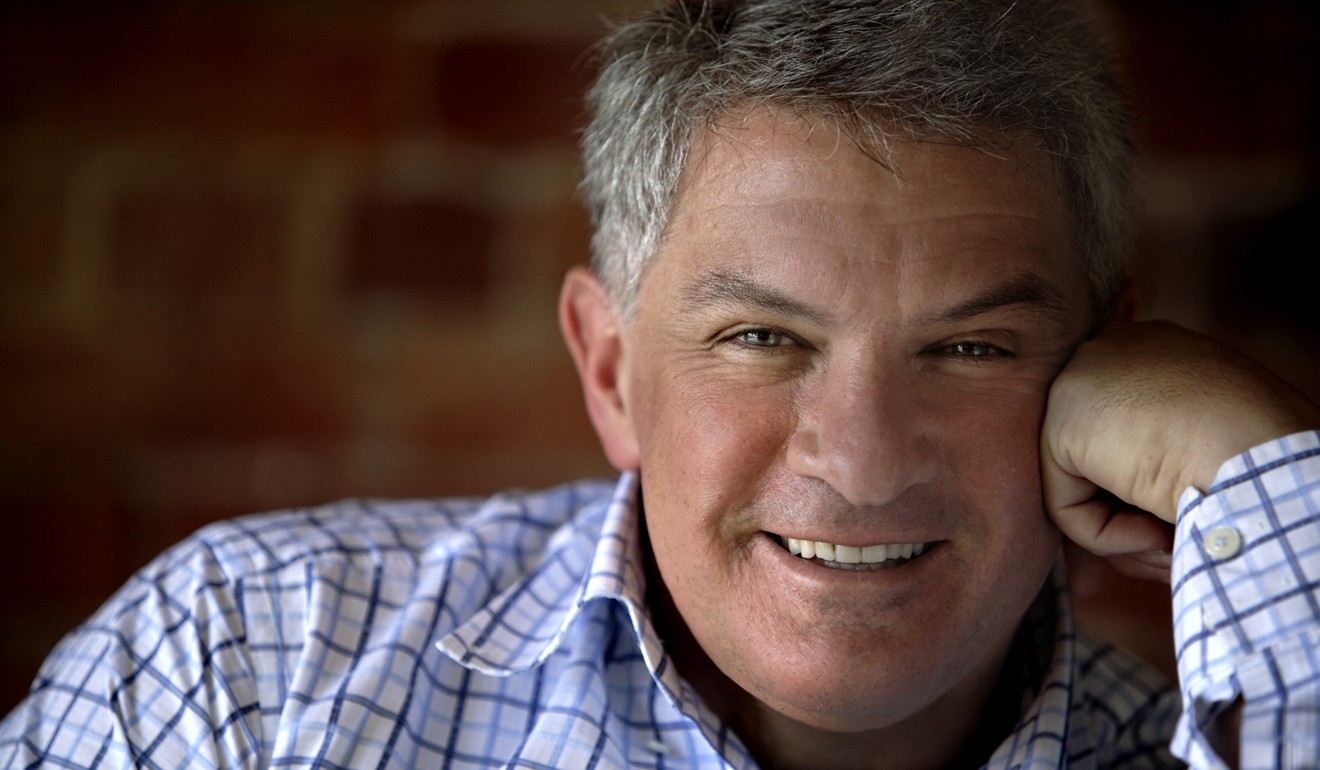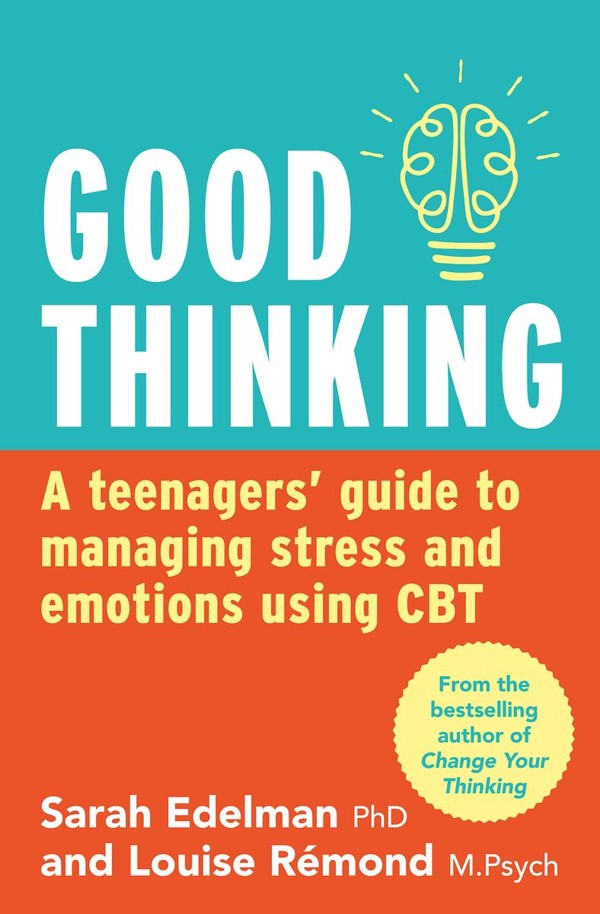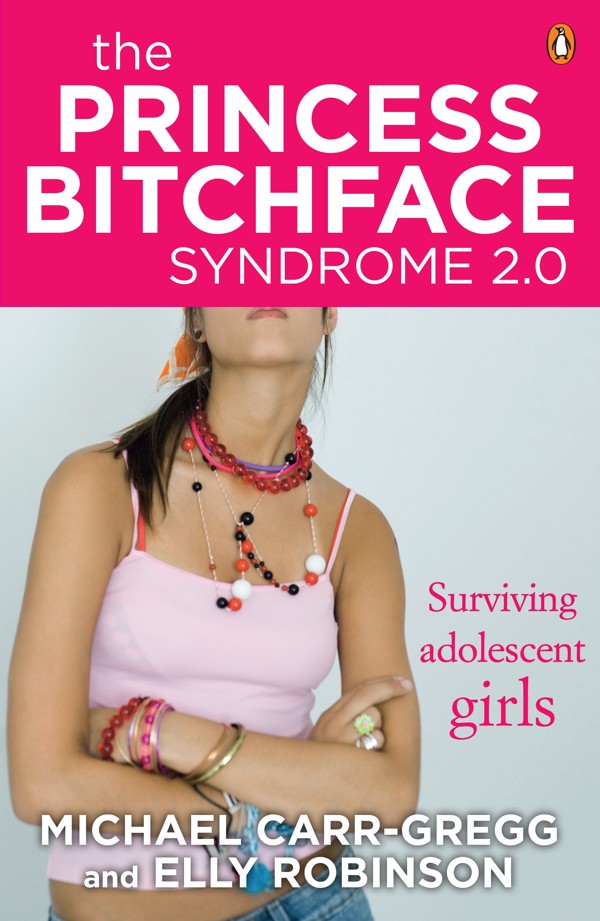
How Hong Kong’s teenagers can avoid exam stress: expert’s tips on handling the pressure
Australian psychologist Dr Michael Carr-Gregg gives advice to parents and teachers on how to recognise when children are struggling with life issues, and how best to offer their support
The IB Diploma Programme and I/GCSE mock exams begin this month, and Hong Kong’s teenagers will be preparing themselves for the challenges ahead, but as students return to the classroom post-holidays, many of them are feeling under pressure.
Australian psychologist Dr Michael Carr-Gregg offers tips for parents and teachers on how to recognise when children are struggling, and how best to offer support.
Children in Hong Kong are raised to excel, not to be happy, and experts say that is worrying
“We are probably teaching the most vulnerable generation of young people ever,” says Carr-Gregg. Indeed, being a teenager today is fraught with challenges that previous generations just didn’t have to deal with, from social media and ever-present technology, to growing pressures from school, family and society.

According to Carr-Gregg, research conducted in Australia shows that “[teenagers’] number one worry is coping with stress, their number two worry is coping with school and study, and their number three worry is body image.” Hong Kong’s young people are particularly susceptible to mental health challenges; based on statistics from Hong Kong’s 2017 Mental Health Review Report, almost one in six adolescents are experiencing difficulty with their mental health.
Teens face more risk factors than ever before, such as parents who are separated or often not at home, low self-esteem, bullying and harassment.

There are also fewer protective factors, such as having a healthy and supportive home life, and good emotional self-regulation. Learning to recognise risk and protective factors, as well as common coping strategies, can help those who support young people.
Adolescents who are struggling with the pressures of life often wear a “mask” and pretend outwardly to be coping. He urges parents to “be the world expert on your kids, to know their psychology, to listen to their ‘self-talk’,” – the way they inwardly talk to themselves, which can often be negative and self-critical. Negative self-talk can have undesirable effects on mental health, and it can be helpful to start a supportive dialogue with teenagers if there is a noticeable pattern.
How to make your children more resilient and better able to cope with the stress of life changes
Carr-Gregg recommends the book Good Thinking by Sarah Edelman and Louise Redmond, who say that feelings stem from thoughts, so if we can modify our thoughts we can modify our feelings.
Carr-Gregg says teachers have an important position as role models for mentally healthy behaviours, so they must themselves “be the change that they want to see in the young people”.
It’s essential for parents and teachers to emphasise “the basic building blocks of well-being like diet, exercise and meditation”, they write.
Someone has to be the mentor, someone has to set limits and boundaries
To parents, adolescents’ needs and behaviours can sometimes seem indecipherable. Carr-Gregg offers some general advice for parents based on his extensive experience working with families. “Helicopter” parents, those who are overprotective and who “swoop in” to intervene at the first sign of distress, would do well to stay grounded and trust their child’s ability to approach challenges on their own, he advises.
Softer parents must learn when it’s appropriate to say no and set boundaries, as consistency in parenting is key. He advises parents to be on the lookout for boredom, because when boredom replaces a usual interest in activities, this can indicate an underlying struggle.
iPhone as therapist? Apps claiming to boost mental health flood market
Beyond the normal challenges of exam stress, the growing phenomenon of disrespectful, contemptuous teenagers who can make home life and parenting difficult has been coined by Carr-Gregg as the “Princess Bitchface” and “Prince Boofhead” syndromes.

In Hong Kong the prevalence of oppositional defiant disorder, in which children are disobedient, hostile and disruptive, is 6.8 per cent, compared to 3.6 per cent globally, according to the 2017 Mental Health Review Report.
He sees parents carrying a lot of guilt – they work hard, are often time poor, divorced, and/or have a new partner, and feel that they need to “make it up” to their offspring. Sometimes this leads to them wanting to be their child’s best friend, which denies the necessary developmental dynamic between a parent and child where the parent is mentor, rule-setter and enforcer of boundaries.
Carr-Gregg says some parents need to acquire the skills and tools to be able to stand firm and get acquainted with bigger doses of “vitamin N”, or the ability to say no.
“Children’s brains are not fully developed yet, [so] it is not an equal relationship: someone has to be the mentor, someone has to set limits and boundaries,” he says. He stresses the importance of keeping the lines of communication open, having consequences for poor choices, paying attention to their negative self-talk and handling meltdowns with dignity.
Unlike some in the field, Carr-Gregg is optimistic about the impact of technology on young people’s lives.
Put down your phones if you are concerned children may get gaming disorder, top psychologist tells Hong Kong parents
“I can’t be with my clients when they are having a panic attack but you can bet your bottom dollar they’ve got their phone. So if I can train them to use their phone, they’ve got it with them for the rest of their lives,” he says.
Carr-Gregg was the keynote speaker at an ESF education development conference, and discussed these issues on the podcast Hong Kong Confidential with Jules Hannaford. Find the podcast, Episode 20, Teens: A Right Royal Conundrum, from January 13, on Apple Podcasts and Auscast Network.
